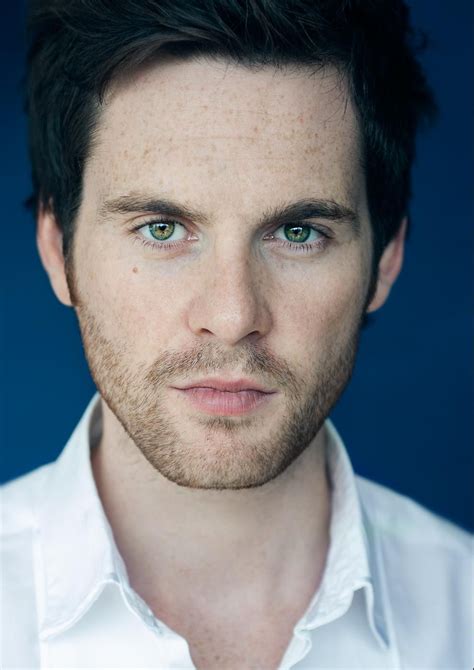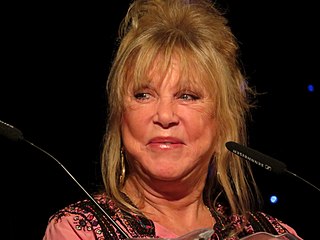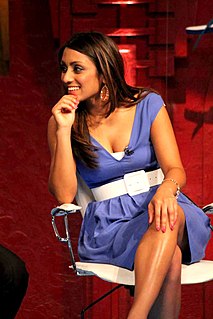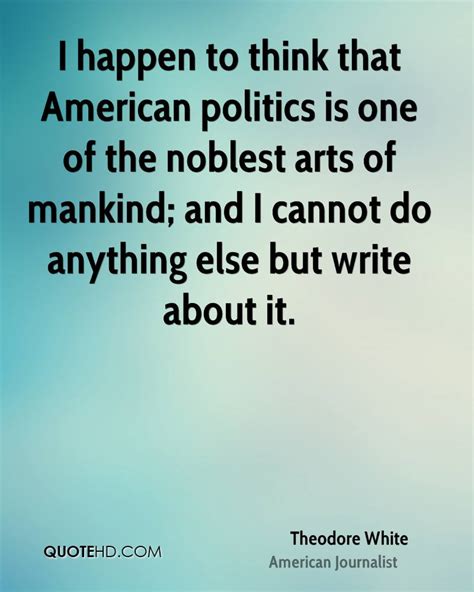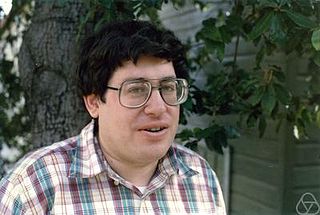A Quote by Walter Scott
It was in the beginning of the month of November, 17--, when a young English gentleman, who had just left the university of Oxford, made use of the liberty afforded him, to visit some parts of the north of England; and curiosity extended his tour into the adjacent frontier of the sister country.
Related Quotes
I went to university in the north of England at University of Birmingham to do an English literature degree, and I knew I could do extracurricular stuff with theater and drama. I started a theater company, called Article 19, and I did it with a bunch of friends. I wrote and directed plays. I had a radio show.
It's just like when Trump made his speech, his commencement speech at Liberty University, I saw something that I've never seen. ABC News was there, and they're running around asking the parents of students at Liberty University what about Donald Trump they don't like. Are you upset that Trump is here? Do you ever remember any such reporting at an Barack Obama or Michelle Obama commencement? Of course not. And Trump was loved and adored at this thing, and he had some great things to say.
in that small [time] most greatly lived this star of England: Fortune made his sword, By which the world's best garden he achiev'd And left it to his son imperial lord. Henry the Sixth, in infant bands crown'd King of France and England did this King succeed; Whose state so many of had the managing, That they lost France and made his England bleed.
When Christ was about to leave the world, He made His will. His soul He committed to His father; His body He bequeathed to Joseph to be decently interred; His clothes fell to the soldiers; His mother He left to the care of John; but what should He leave to His poor disciples that had left all for Him? Silver and gold He had none; but He left them that which was infinitely better, His peace.
My work on prime gaps lead to lots of media coverage, some good, some bad, some ugly, and some merely ridiculous. For example, a reporter of our university newspaper, who admitted that he is still learning English, wrote that "Prof. Goldston solved one of the most controversial problems in the prime number theory last month with support from his Turkish partner."
November is Native American Heritage month, and a good time to honor the legacy of our ancestors, but every day we should stop to think about our country's beginning and that the United States would not exist if not for a great deal of sacrifice, blood, and tears by Indian Tribes across the country.
He was in a room of the Gesshuuji, which he had thought it would be impossible to visit. The approach of death had made the visit easy, had unloosed the weight that held him in the depths of being. It was even a comfort to think, from the light repose the struggle up the hill had brought him, that Kiyoaki, struggling against illness up that same road, had been given wings to soar with by the denial that awaited him.
This rationale, which justified the mixed constitution of Great Britain, might have made some sense in 1776, but by 1787 most American thinkers had come to believe that all parts of their balanced governments represented in one way or another the sovereign people. They had left the Aristotelian idea of mixed estates - monarchy, aristocracy, and democracy - way behind. [John] Adams had not, and his stubbornness on this point caused him no end of trouble.


